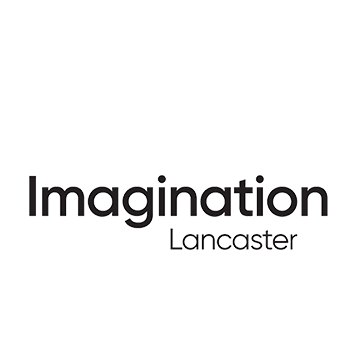The ‘Cooperativa Digital’ research team, Rosendy Galabo and Marcella Abreu, and the Director of Reapp, Jovemar Junior, planned two visits with potential project participants in São Luís-MA on 3rd October .
Our first visit in the morning was at Instituto Santa Luzia, an NGO that provides arts and primary education, serving the community located in Cidade Olímpica with social projects. The second visit, in the afternoon, took place at Associação das Donas de Casa da Salina do Sacavém, an NGO serving vulnerable communities in Salinas do Sacavém by providing preschool services, childcare, and support.
During their visit to Instituto Santa Luzia, the research team met with the NGO’s four managers to discuss their needs and interest in participating in Cooperativa Digital. Their primary challenge was maintaining their social projects and education services with inconsistent public funding and donations. They described difficulties in fundraising, writing funding proposals, and securing funding from foundations and departments supporting large corporations like C&A, Vale, and Brazilian private banks. Despite their awareness of the importance of connecting with donors on a personal level and maintaining transparency, they expressed a desire to collaborate with the Cooperativa Digital team on a platform to amplify their voice and support their fundraising efforts.
In the afternoon, we visited the Associação das Donas de Casa da Salina do Sacavém, where we talked with eight individuals who consider themselves directors of the institution. They mentioned that, while reliant on public and private support, they managed to build 106 houses and a community centre in Salinas do Sacavém. But they also sustain their NGO by writing bids to secure funding to run their social projects, which is not always successful. They understand that the key to their successful fundraising process involves connecting with donors on a personal level through storytelling. However, they are interested in having more autonomy and independence from private and public organisations and having control of financial resources from independent donations from other citizens. They wanted to have genuine shared governance of the financial resources available to NGO institutions instead of relying on fundraising processes that are governed and dictated by public and private organisations.
Based on these visits, we understand that there was a need to redesign the current Reapp platform to align with their fundraising processes and meet their needs to work beyond ‘Nota Legal,’ a policy initiative managed by the government, and funding calls managed by charitable foundations or departments that are supported and managed by private institutions. We have also learnt which language and terminology we should use to engage and connect with the group of NGOs. We also noticed how the directors of each institution were very transparent with each other and how they kept everyone up to date with everything that was going on in their organisations as well as with auditors. These NGOs have a portfolio of services that are offered to the communities. Through our project, we aim to emancipate them, not simply empower them. This means giving them greater control over decision-making processes, including how they utilize donations from companies and the public sector. Currently, public and private organisations often dictate these agendas. Based on our reflections, we are looking into creating digital governance on top of multiple existing governances. In other words, creating this innovative idea of nested institutions or nested commons in this project.
These initial visits to NGOs in São Luís provided valuable insights into their challenges and aspirations. We learned that both organizations struggle with securing consistent funding and desire greater autonomy in managing their resources. They also emphasised the importance of transparency and building genuine connections with donors.
Based on these findings, we understand the need to adapt the Reapp platform to better support their fundraising processes and move beyond limitations imposed by current funding structures. We aim to develop a better platform that empowers these NGOs, not just in fundraising, but also in decision-making and resource allocation through a series of three workshops. Moving forward, we will delve deeper into the concept of nested institutions or nested commons, exploring how it can create a framework for shared governance and empower NGOs to chart their own course. This research will guide the development of innovative solutions that enable them to thrive and serve their communities more effectively.
